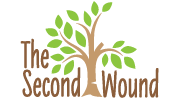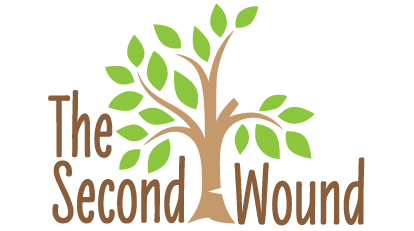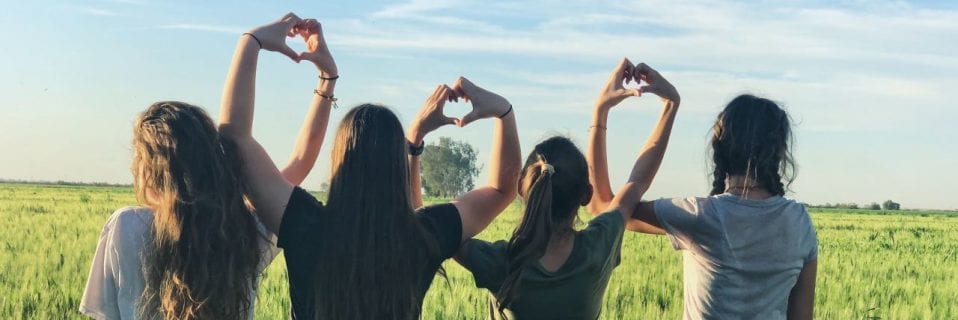[Originally published on The Mighty on May 14, 2019.]
There is no substitute for feeling heard, understood, and cared for. These are the gifts of human connection, an integral component of where healing begins from the trauma of sexual abuse and assault. For survivors on the path to healing, it’s vital we connect with people who will sit with us in our pain and struggle, appreciate our value and share in celebrations of our progress and triumphs. These may be therapists or other professionals as well as partners and caring friends. As legitimately scary as it can be to allow ourselves to be vulnerable and risk trusting others, doing so (in our own time and with careful judgment) helps to repair our damaged hearts and fulfill our emotional needs.
As we travel through the non-linear steps toward recovery from trauma, survivors can also benefit from the support of family members. Sadly though, for a variety of reasons, we are frequently wounded a second time by loved ones’ responses to our disclosures of abuse and assault. Instead of genuine and sustained compassion, we are confronted with disbelief, minimization, and victim-blaming from the people we hoped would have our backs. Reactions like this create a second heartbreak that can lead to despair and hopelessness. Just when we need connection most, we are left feeling more alone and misunderstood.
The good news is that we have options. In addition to the sources of support listed above, our fellow survivors have a unique power to help us feel connected and understood. This healing power of camaraderie and connection is continually revealed to me as the administrator of an online support group for sexual abuse and assault survivors, whose families’ responses add to their pain. Members turn to each other with deep and daily struggles, moments of misery, and tales of triumph. As they take turns offering and receiving expressions of compassion and wisdom, they discover they are not alone. This fact alone is a soothing balm on their wounds.
When I was in my mid-20s and still in the early stages of facing my own abuse, I had a profound experience. It wasn’t one moment or event. The change came from gradually seeing myself through the eyes of the women in a support group I had joined at the urging of my therapist. After a lifetime living with debilitating shame, I was touched that these strong, sincere, intelligent women felt genuinely sorry for what I had been through. But there was an aspect of their compassion that held extra meaning for me. They clearly saw the abuse as something that happened to me, not a reflection on who I was. In their eyes, being a victim did not define me or diminish my value. My fellow group members knew me mainly as a person worthy of their enjoyment, respect, and empathy. As a result, I began to see myself this same way. That’s when I began to make bigger strides in my recovery.
There’s a scene in the documentary “Won’t You Be My Neighbor?” that exemplifies the value of feeling understood. In a poignant clip from “Mister Rogers’ Neighborhood,” Daniel the Tiger confides in his friend, Lady Aberlin about his painful self-doubt. In a vulnerable moment of candor, he admits to wondering if he is “a mistake.” Lady Aberlin sings to Daniel the comforting answers he needs to hear, assuring him of the reasons for his value in her eyes.
Daniel joins in the song, turning it into a duet, and weaves his words of self-doubt through the lyrics alongside his friend’s assurances. As observers, we realize that Daniel’s doubts are not banished by Lady Aberlin’s reassurances. And yet, the simple act of hearing and attending to his concerns is a deeply valuable gift, even if doesn’t solve all of Daniel’s problems.
Knowing we’re not alone is a crucial human need. When we make meaningful connections and open up to the right people, our pain can be soothed, even if it never really goes away. Just as important, we are reminded of our own worth when we have the chance to offer a caring ear or loving arms to another person in need of support and understanding. Involvement in relationships opens our hearts to both love and hurt. Most importantly, it also lets us practice the beautiful, scary, meaningful connections that give our lives value and help make us whole once again.
Click here to see this article on The Mighty.




Post a comment